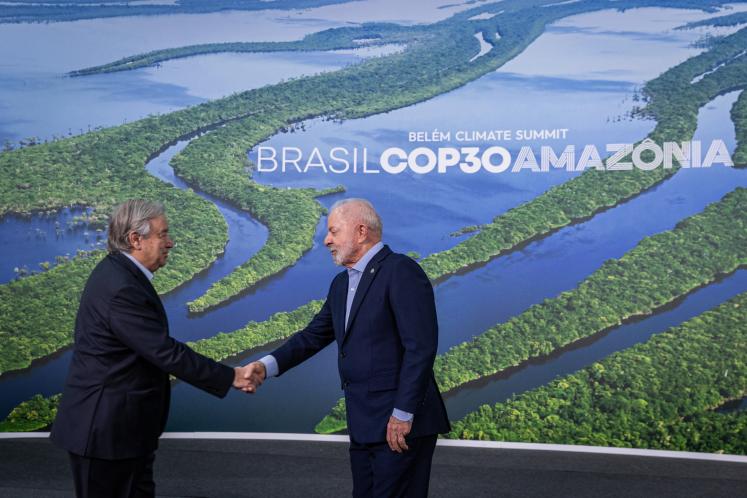Meeting internationally agreed climate goals requires dramatically faster emissions reductions and transformative adaptation across sectors. Yet current climate policy and governance frameworks often assume an economy in equilibrium – where decarbonization is costly, diplomacy is a zero-sum game, and national interests are fixed. In a world that is increasingly divided and contested, these assumptions limit effective action.
This UNU-CPR discussion paper explores how complexity science offers a new lens for global environmental governance. Complexity thinking views systems as dynamic, interconnected, and adaptive, emphasizing feedback loops, non-linearity, emergence, and co-evolution. Applied to climate change, it suggests that progress can emerge from reinforcing feedbacks, tipping points, and adaptive governance rather than from top-down consensus.
By integrating these insights into national policy, diplomacy, and institutional design, complexity can act as a catalyst – guiding systems to self-organize toward zero-emission pathways and more resilient forms of cooperation.
Access "Complexity as a Catalyst: Enabling Global Environmental Change in a Deeply Divided World" here.



